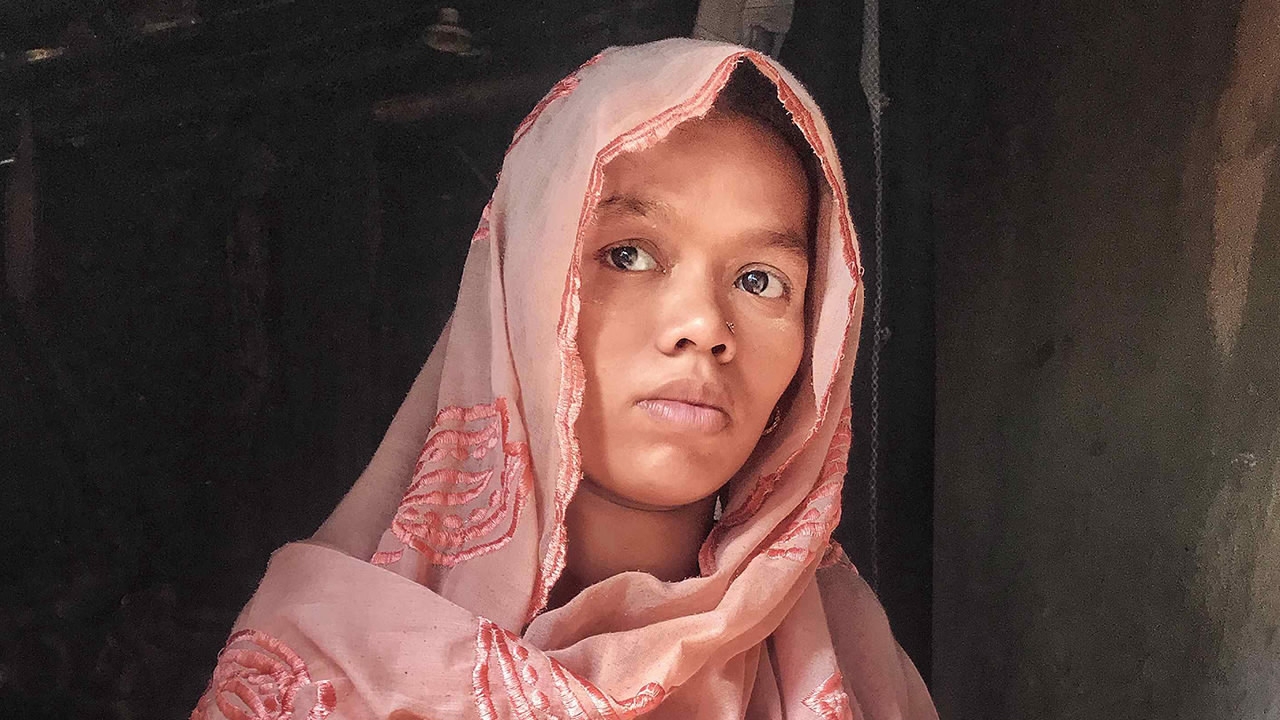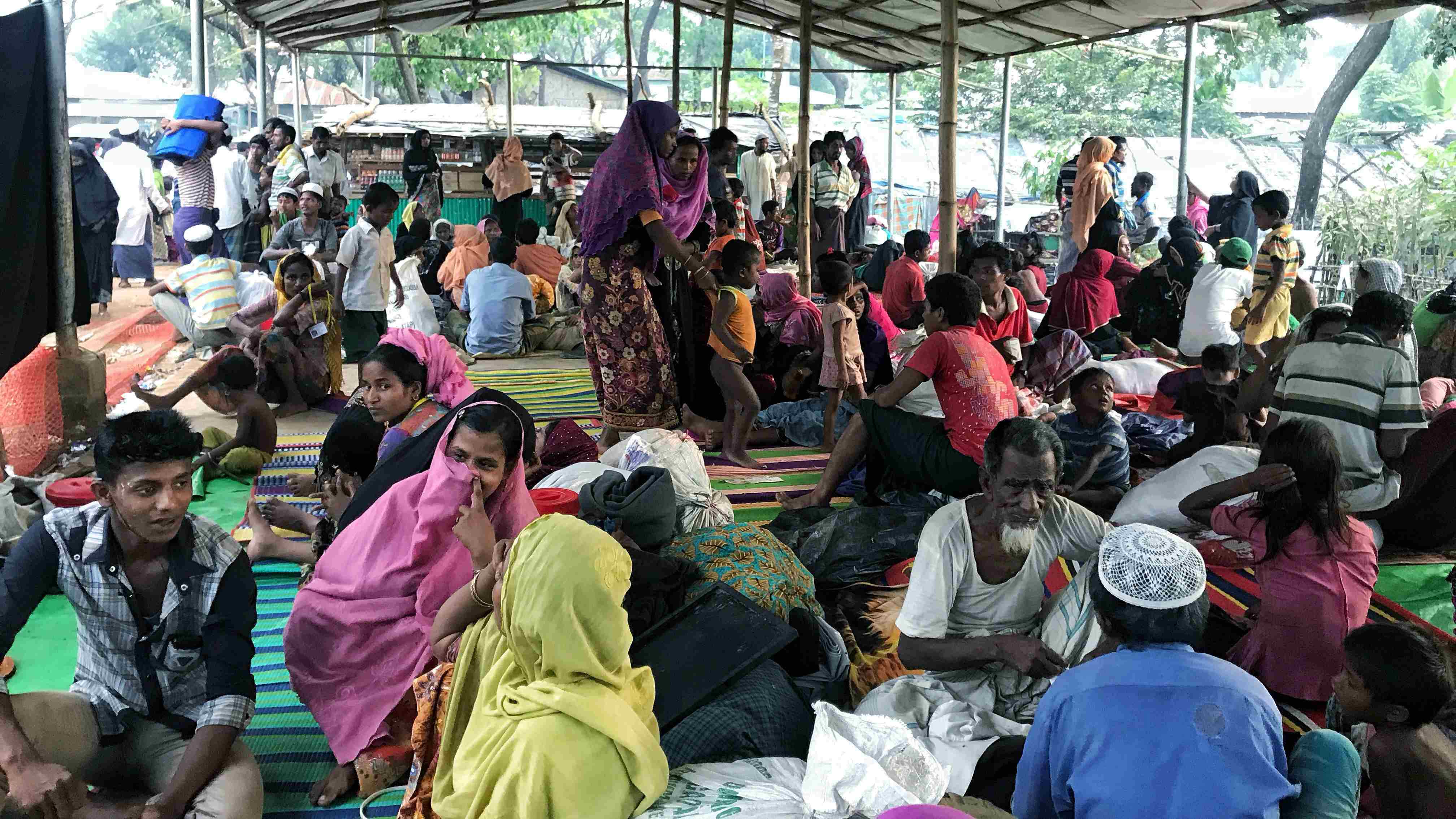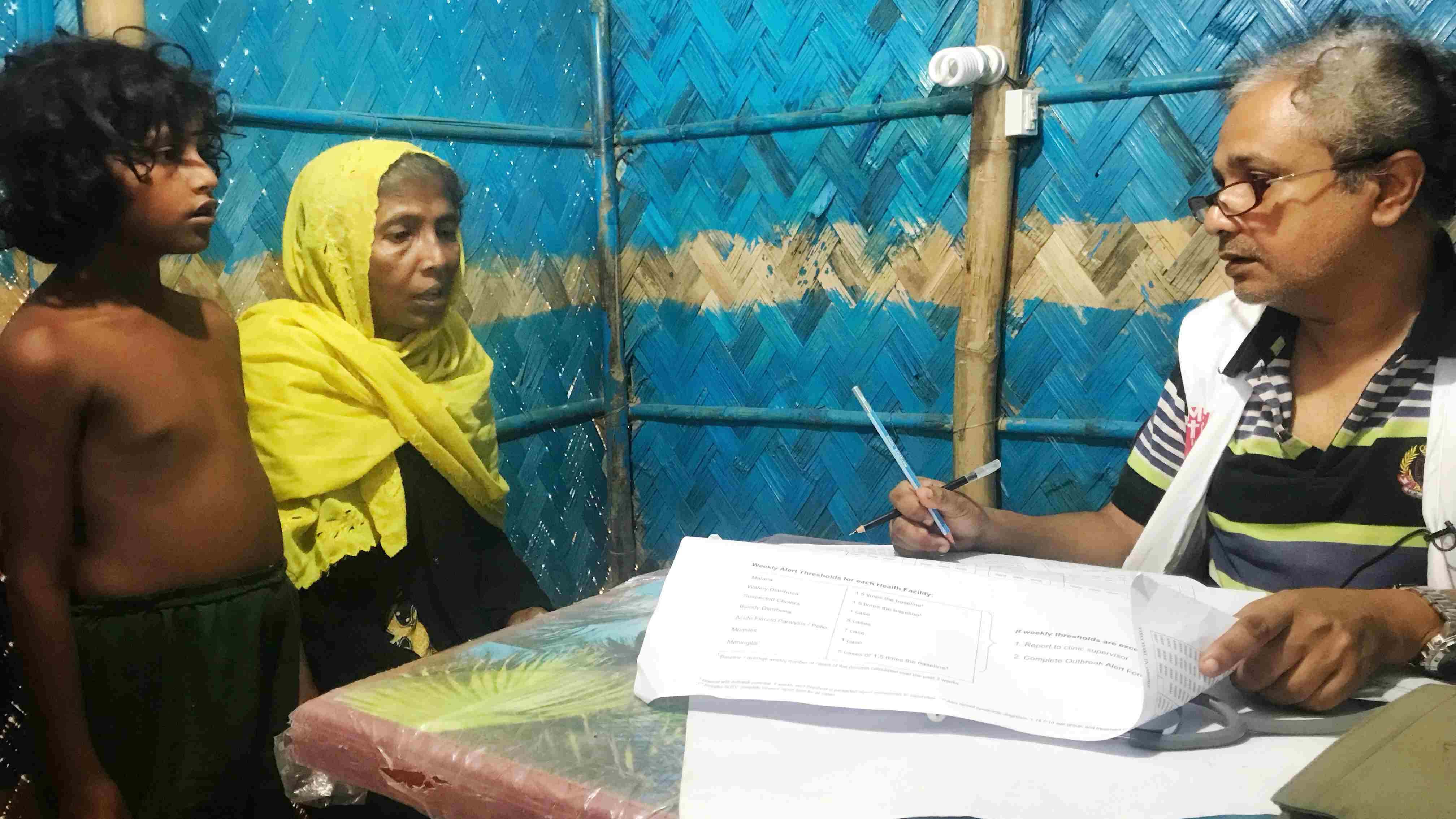
Politics
15:39, 18-Nov-2017
Rohingya women face violence, rape by Myanmar troops
By Shweta Bajaj

Rohingya women and girls have faced brutalities, rape and violence at the hands of the Myanmar army as part of a campaign of ethnic cleansing, Human Rights Watch said on Thursday in a report.
Three days prior, on Monday, Myanmar's army released a report denying any allegations of rape and violence by the security forces. However, the women in the refugee camps tell stories of gang rapes, assaults and unimaginable violence.
Rohingya camps are full of young women. According to some estimates, the female refugee population is over 50 percent, with many young men being killed in Myanmar, leaving many women widowed.
Sahera Khatun, 18, is in the final month of her pregnancy. She said, in August, when she was six months pregnant, she was raped by the Myanmar military in the same room as other girls.
"Soldiers entered and shut the door. They first took our ornaments and then raped us. We shouted for a very long time and then girls from our neighborhood came out to save us and then the military fled," she said.
The rape left her seriously injured. She wasn't sure if her child was still alive. Her husband and his friend carried her on a stretcher made of bamboo for 13 days to reach Bangladesh from Myanmar.
"We cannot even fathom the horrors," Khatun said,

New refugees wait for a space to be allocated in the camp. /CGTN Photo
New refugees wait for a space to be allocated in the camp. /CGTN Photo
A clinic run by a local Bangladeshi NGO in a refugee camp has just opened. But the doctor here has a tough task; the queue is long, mostly women.
A patient enters and says she was beaten up by the military – her story is not rare.
There are many like her and women face acute health issues. Over the past few months, they've witnessed horrors and suffered physical abuse.
"They are living in unhygienic conditions, taking not enough nutrients," said Sushant Maula Chowdhury, senior medical officer. "Their psychological and social [conditions] there is very big imbalance and when there is some heart problem with the mental side, the body also follows it."

Dr. Sushant Maula Chowdhury sees a patient. /CGTN Photo
Dr. Sushant Maula Chowdhury sees a patient. /CGTN Photo
Nuree Begum, 55, lost all her family members in the chaos of the violence – her husband, children and grandchildren.
She walked through forests and swam through a river to reach Bangladesh three months ago and has given up hope of finding them.
"Military was coming from all sides," Begum said, "and there was noise of shooting and bombing."
A doctor who saw Begum said she is a classic case of depression, but she's not alone. She and thousands of other women are suffering from depression and have no will to live.
But for these women, who have lived through injustices, reports and governments are neither important nor relevant. A look at them makes it clear that recovery for the Rohingya women is a distant dream, and being alive is a miracle.

SITEMAP
Copyright © 2018 CGTN. Beijing ICP prepared NO.16065310-3
Copyright © 2018 CGTN. Beijing ICP prepared NO.16065310-3